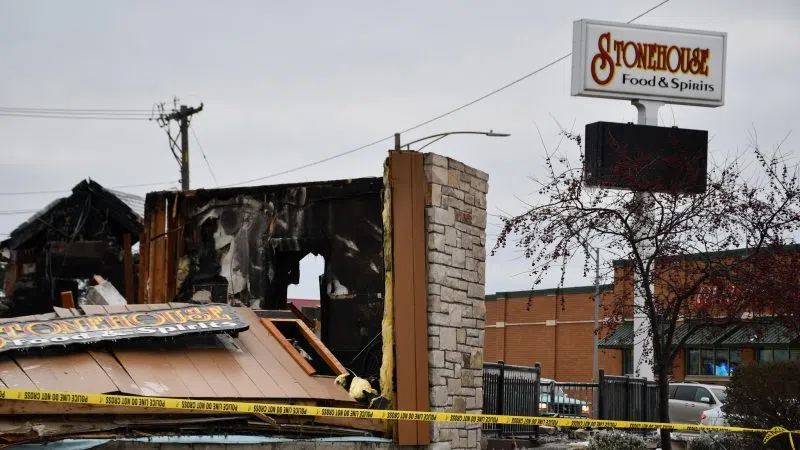The Drug Enforcement Administration announced a new initiative, Project Wave Breaker, to disrupt the flow of deadly fentanyl into the United States.
Project Wave Breaker will direct interdiction, enforcement, and outreach efforts to the Detroit Field Division to disrupt the flow of fentanyl in and around the United States. The initiative will also employ analytical intelligence assets to target the activities of Mexican transnational criminal organizations, which are the primary suppliers and distributors of illicit fentanyl and fentanyl substances throughout the United States.
“While a major entry point for fentanyl is the Southwest border, the cartels are spreading their poison into communities across the Nation,” said DEA Acting Administrator D. Christopher Evans. “Through this initiative, we’re tackling a very real public health, public safety, and national security threat, identifying the most egregious street-level networks in our communities and working our way up through the supply chain.”
“Fentanyl remains a significant threat in Michigan, Ohio and Northern Kentucky. We are seeing kilogram quantities flooding our neighborhoods and it is largely coming from violent transnational cartels in Mexico like the Sinaloa and Jalisco New Generation Cartel (CJNG),” said Special Agent in Charge Keith Martin.
‘“These cartels have capitalized on the opioid epidemic and prescription drug misuse and abuse in the United States, manufacturing mass quantities of counterfeit prescription pills and fueling overdose deaths across our nation. This is a clear public health crisis.”
The eleven divisions participating in Project Wave Breaker are credited with 85 percent of all synthetic opioids seized by the DEA in 2020. They include: Phoenix, New York, San Diego, New England, Los Angeles, Chicago, Detroit, St. Louis, San Francisco, Houston, and El Paso.
Mexican cartels, particularly the Sinaloa Cartel, have capitalized on the opioid epidemic and prescription drug misuse and abuse in the United States, flooding communities with illicit fentanyl and driving the record-setting rates of overdose deaths. According to the most recently published CDC provisional data, more than 87,200 people died from an overdose last year, marking the largest number of overdose deaths ever recorded in a 12-month period.
Deaths involving synthetic opioids increased nearly 60 percent during the same 12-month period ending September 1, 2020 Facts about fentanyl:
• Fentanyl is a synthetic opioid that is approximately 50 times more potent than heroin and 100 times more potent that morphine.
• Of counterfeit pills tested in DEA laboratories, one in four pills made with fentanyl contained a potentially lethal dose.
• A kilogram of fentanyl can contain 500,000 potentially lethal doses. Last year, the eleven divisions participating in Project Wave Breaker seized a combined total of 2,316 kilograms of fentanyl (more than a billion potentially lethal doses).
• The seizure of fentanyl-laced pills along the Southwest border increased more than 89 percent from January 2019 to December 2020.
Project Wave Breaker aims to reduce the amount of fentanyl coming across the Southwest border, reduce crime and violence associated with drug trafficking, and ultimately save lives by reducing the demand for illicit fentanyl.
For resources and additional information on fentanyl and other illicit drugs, visit www.dea.gov/divisions/facts-about-fentanyl.


























Comments